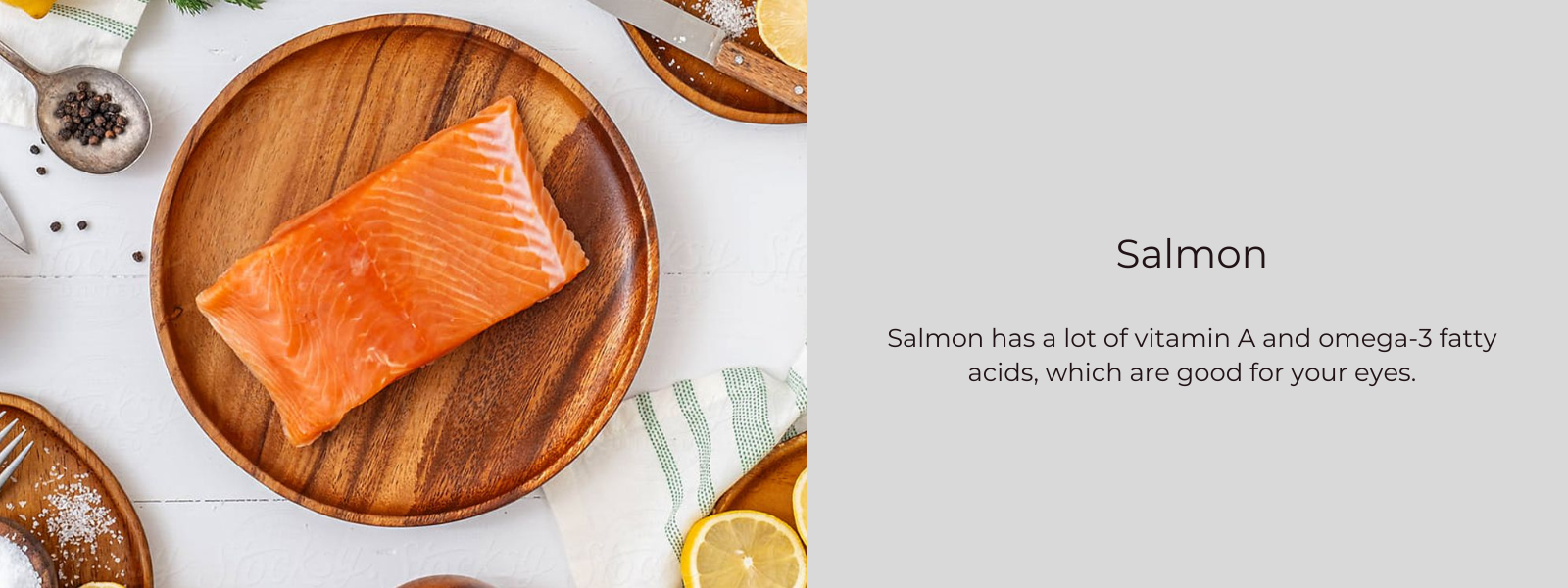Sardines are a nutritional powerhouse, particularly due to their high vitamin D content. Consuming sardines can significantly contribute to bone health by enhancing calcium absorption, thus preventing conditions like osteoporosis and promoting strong bones and teeth. The vitamin D in sardines also boosts the immune system, helping the body fight infections and illnesses more effectively. Furthermore, vitamin D supports cardiovascular health by regulating blood pressure and reducing inflammation, while also playing a crucial role in maintaining mental health and muscle function. Rich in both vitamin D and omega-3 fatty acids, sardines offer anti-inflammatory benefits that can help lower the risk of chronic diseases, making them a valuable addition to a healthy diet.
Table of Contents
What Makes Sardines a Rich Source of Vitamin D
Sardines are a valuable source of vitamin D for several reasons:
- Diet: Sardines feed on plankton, which are high in nutrients, including vitamin D. This diet contributes to their elevated vitamin D levels.
- Fat Content: Sardines are fatty fish, and they store vitamin D in their fat. This allows them to retain substantial amounts of the nutrient.
- Consumption: Sardines are often eaten whole, including their nutrient-rich bones. This comprehensive consumption ensures a higher intake of vitamin D and other essential nutrients.
Benefits of Sardines
Including sardines in your diet provides numerous health benefits:
- Omega-3 Fatty Acids: Sardines are rich in omega-3 fatty acids, which are essential for heart health. These fats help reduce inflammation, lower blood pressure, and decrease the risk of heart disease.
- High-Quality Protein: Sardines offer high-quality protein necessary for muscle repair, growth, and overall bodily functions.
- Vitamin D Benefits:
- Bone Health: The vitamin D in sardines enhances calcium absorption, promoting strong bones and teeth, and reducing the risk of osteoporosis.
- Immune Function: Vitamin D boosts the immune system, aiding the body in fighting off infections and illnesses.
- Cardiovascular Health: It helps regulate blood pressure and reduce inflammation, supporting overall heart health.
- Mental Health: Adequate vitamin D levels are linked to better mood and a lower risk of depression.
- Muscle Function: Vitamin D is crucial for muscle strength and function, which supports overall mobility and physical performance.
- B Vitamins: Sardines are also a good source of B vitamins, which are important for energy production and a healthy nervous system.
- Calcium and Phosphorus: Eating sardines with their bones provides a valuable source of calcium and phosphorus, which are essential for maintaining bone density.
Ways to Use Sardines
Sardines can be enjoyed in many delicious ways:
- Grilled: Grilled sardines are flavorful and can be seasoned with herbs, spices, and lemon.
- Baked: Baking sardines with vegetables and spices offers a nutritious and balanced meal.
- Canned: Canned sardines are versatile and convenient, ideal for salads, sandwiches, and casseroles.
- Smoked: Smoked sardines have a rich flavor and can be used in salads, spreads, or as a topping for crackers.
- In Pasta and Rice Dishes: Sardines add protein and flavor to pasta and rice dishes.
Best Sardine Recipes
Here are some tasty sardine recipes:
- Grilled Sardines with Lemon and Herbs:
- Ingredients: Fresh sardines, olive oil, lemon slices, garlic, fresh herbs (parsley, thyme), salt, and pepper.
- Method: Marinate sardines with olive oil, lemon slices, garlic, and herbs. Grill until cooked and serve with a side salad.
- Baked Sardines with Vegetables:
- Ingredients: Sardines, cherry tomatoes, bell peppers, red onions, garlic, olive oil, salt, and pepper.
- Method: Place sardines and vegetables on a baking sheet, drizzle with olive oil, and season. Bake until the fish is tender and the vegetables are roasted.
- Sardine Pasta:
- Ingredients: Canned sardines, pasta, olive oil, garlic, chili flakes, lemon juice, parsley, Parmesan cheese.
- Method: Cook pasta as directed. Sauté garlic and chili flakes in olive oil, add sardines and lemon juice, and toss with the pasta. Garnish with parsley and Parmesan.
- Sardine Salad:
- Ingredients: Canned sardines, mixed greens, cherry tomatoes, cucumber, red onion, olive oil, lemon juice, salt, and pepper.
- Method: Toss mixed greens with cherry tomatoes, cucumber, and red onion. Top with sardines and drizzle with olive oil and lemon juice.
- Smoked Sardine Spread:
- Ingredients: Smoked sardines, cream cheese, lemon juice, capers, dill, salt, and pepper.
- Method: Blend all ingredients in a food processor until smooth. Serve with crackers or toasted bread.
Conclusion
Sardines are a flavorful and versatile fish that offers a rich source of vitamin D and other essential nutrients. Regular consumption can support bone health, improve immune function, and enhance cardiovascular health. With a variety of preparation methods, sardines are a nutritious addition to any diet. Whether grilled, baked, canned, or smoked, sardines provide delicious culinary options to suit diverse tastes and preferences.











Leave a comment